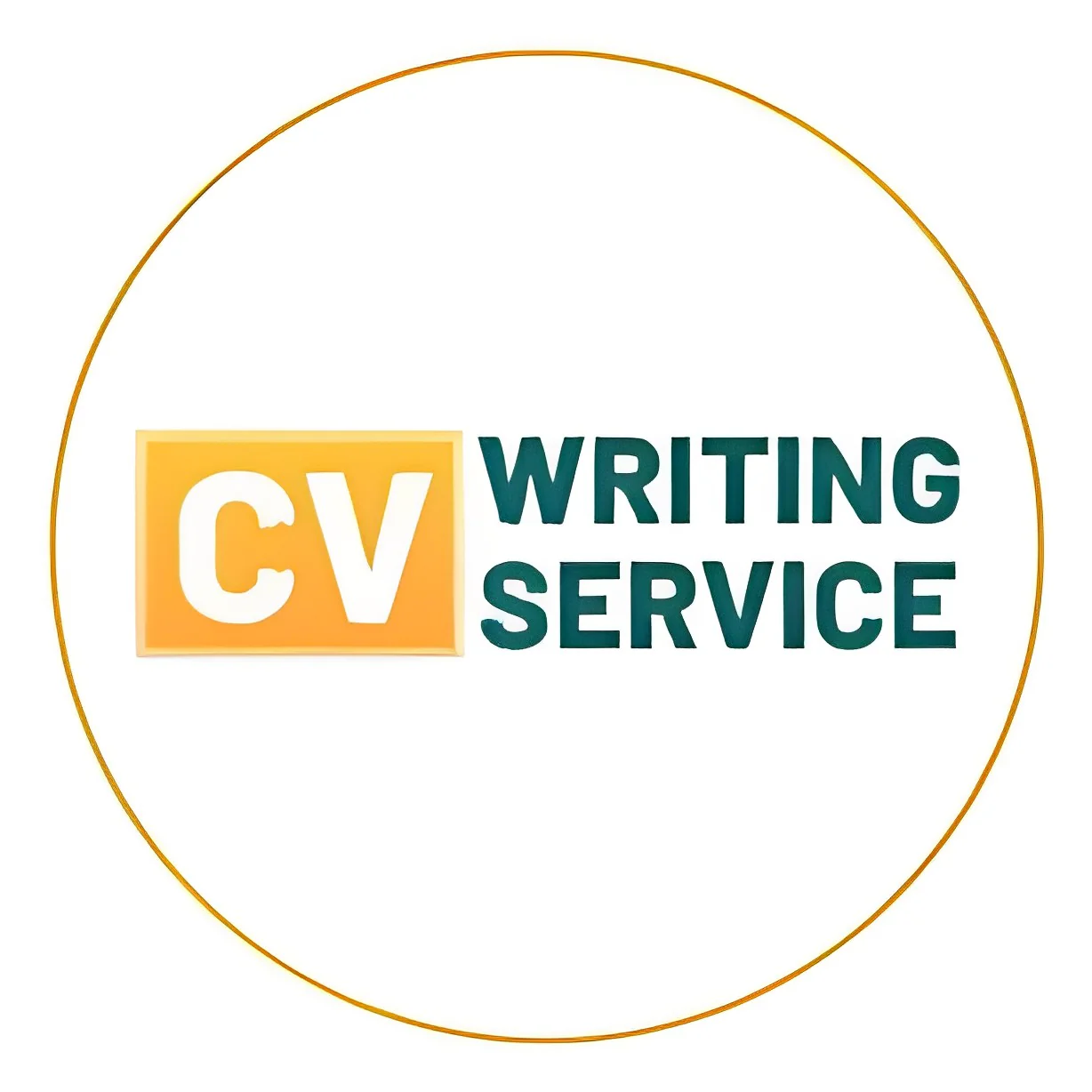“Am I Too Experienced?”: Navigating the Job Market as a Senior Professional
When Daniel, a seasoned Kenyan development expert with over 20 years in project leadership, applied for a role at a regional NGO, he was confident. His track record spoke volumes—successful program launches, millions in grants managed, and cross-border partnerships that had real impact.
But after the interview, the feedback stung:
“We loved your background… but we’re concerned you might be overqualified for the role.”
He’d heard it before—in more polite or vague ways.
Too senior. Too expensive. Too set in his ways.
“It was frustrating,” Daniel shares. “I wasn’t looking for a title—I wanted meaningful work. But it felt like my experience had become a liability.”
If you’ve ever wondered, “Am I too experienced for today’s job market?”, you’re not alone.
This article is your guide to navigating the market with your expertise intact—while reframing your story for the opportunities you truly want next.
1. Reframe Experience as Relevance
Many senior professionals fall into the trap of listing everything they’ve ever done—hoping volume will impress.
But employers aren’t looking for history. They’re looking for alignment.
Instead of:
“Led 10 departments and managed $40M+ budgets across 15 years.”
Try:
“I help mission-driven organisations scale regionally by building systems, growing teams, and aligning donor priorities with local realities.”
That’s relevance. That’s positioning.
2. Tailor Your CV for the Role You Want—Not the One You Had
Senior CVs often suffer from two things:
- Length (6+ pages of everything)
- Legacy (roles or tools no longer relevant)
Trim your CV to 2–3 pages. Lead with a career summary focused on what you offer now.
Focus on your last 10–15 years. Highlight outcomes. Quantify results. Speak the language of the job description—not just your past titles.
“I realised my CV made me sound like I was applying to be a director of a parastatal,” Daniel laughs. “I needed to show I could thrive in a lean, agile NGO.”
3. Address the ‘Overqualified’ Elephant in the Room
Hiring managers worry you’ll leave if something better comes along, or that you won’t be happy reporting to someone younger or less experienced.
Pre-empt this fear.
In your cover letter or interview, say:
“I’m intentionally seeking a role where I can contribute hands-on, collaborate with dynamic teams, and focus on impact over hierarchy.”
Or:
“While I’ve led large teams before, I’m excited to bring that experience into a role where I can mentor, deliver results, and grow with an organisation I believe in.”
4. Be Flexible—Without Undervaluing Yourself
You don’t have to chase titles or huge salaries—but don’t sell yourself short either.
Be clear about your priorities:
- Impact-driven work?
- Work-life balance?
- Sector change?
- Regional influence?
Then communicate that clearly.
“At this stage of my career, I’m driven by purpose, mentorship, and systems-level change,” Daniel now says in interviews. “That’s why I’m drawn to this role.”
That framing shifts the narrative—from “overqualified” to “values-aligned.”
5. Rebrand Yourself on LinkedIn
LinkedIn is often the first place recruiters look—but many senior professionals use it as an online obituary of past roles.
Instead:
- Use the headline to reflect your value:
Strategic Advisor | Scaling Nonprofit Operations | Cross-Border Program Leader - Use the summary to tell your story and career pivot
- Highlight achievements, not just duties
And don’t be afraid to post your insights. Share trends, reflections, or articles with your take. It reminds people you’re current, thoughtful, and still actively contributing to your field.
6. Explore Board, Advisory, or Consulting Roles
Your experience is an asset to:
- Startups and early-stage nonprofits needing guidance
- Boards seeking governance and strategic input
- Donor-funded projects with short-term advisory needs
These roles may not be full-time, but they build visibility, relevance, and networks that lead to larger opportunities.
“I joined a youth climate project as an unpaid advisor,” Daniel shares. “Six months later, the same group offered me a regional director role.”
7. Get Comfortable With Younger Teams and Managers
Yes, your next boss might be 10–15 years younger than you.
Instead of resisting it—embrace it. Demonstrate humility, curiosity, and collaboration.
Say in interviews:
“I’ve worked with cross-generational teams and find that the mix of fresh ideas and seasoned perspective drives the best outcomes.”
Your confidence will speak volumes.
8. Consider Upskilling in Modern Tools or Trends
No, you don’t need to become a coder or social media guru—but showing you’re up-to-date matters.
Take a short course, earn a certification, or get familiar with tools like:
- Project management platforms (Asana, Monday, Trello)
- M&E software
- Remote collaboration tools
- ESG, digital finance, or climate reporting frameworks
Mention this in your CV and interviews. It shows agility, not just age.
Experience Is Only a Risk If You Hide It or Fear It
Being “too experienced” isn’t the real issue—it’s how your experience is positioned and perceived.
Own your career. Tell a clear, relevant story. Be open, strategic, and intentional.
Daniel now leads a regional innovation hub working with young social entrepreneurs across Africa.
“It’s not the role I expected,” he says. “It’s better. And it took me getting honest about what I wanted, not what I used to have.”
If you’re a seasoned professional wondering how to reposition yourself for the next opportunity, let’s talk. I can help you craft a CV, LinkedIn profile, and career story that opens the right doors—without watering down your worth.
Whether you’re updating your LinkedIn, preparing for an interview, or planning a big move — we’re in your corner with resources that actually work.
📩 Want early access to new tools? Sign up for updates: https://forms.gle/uf2SrkFSpMgKLTD9A
Let’s build your edge.
#KizunaEdgeTalentHub #CareerGrowthAfrica #LinkedInTips #JobSearchAfrica

